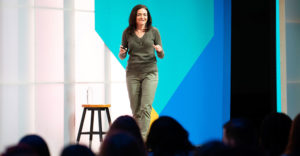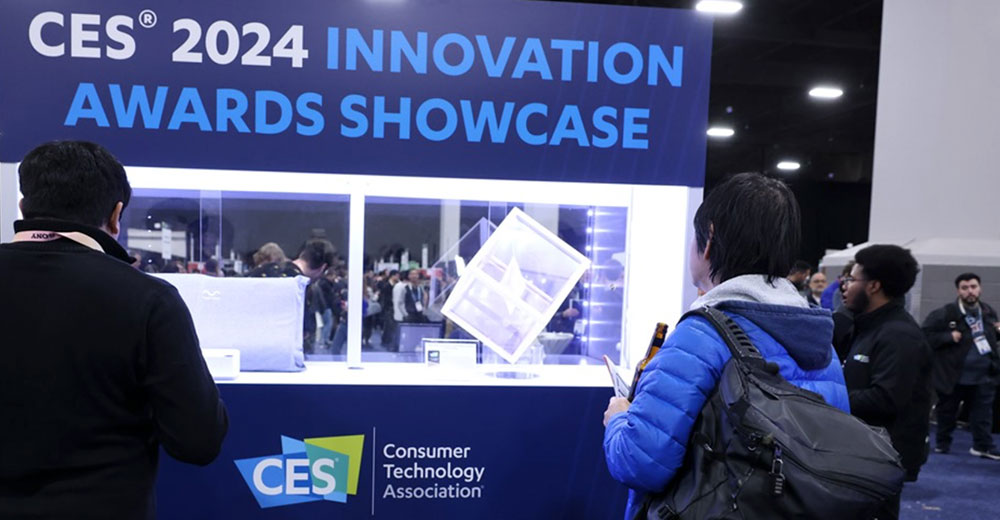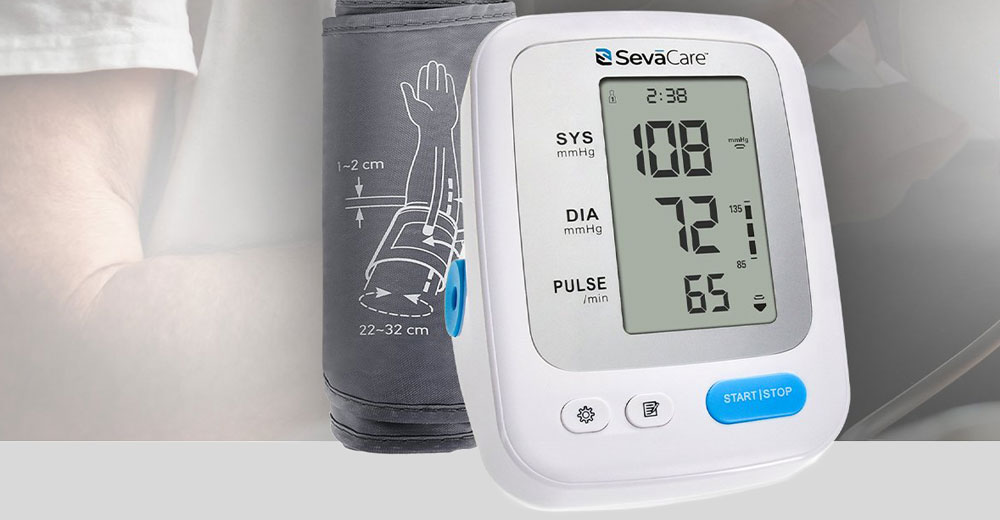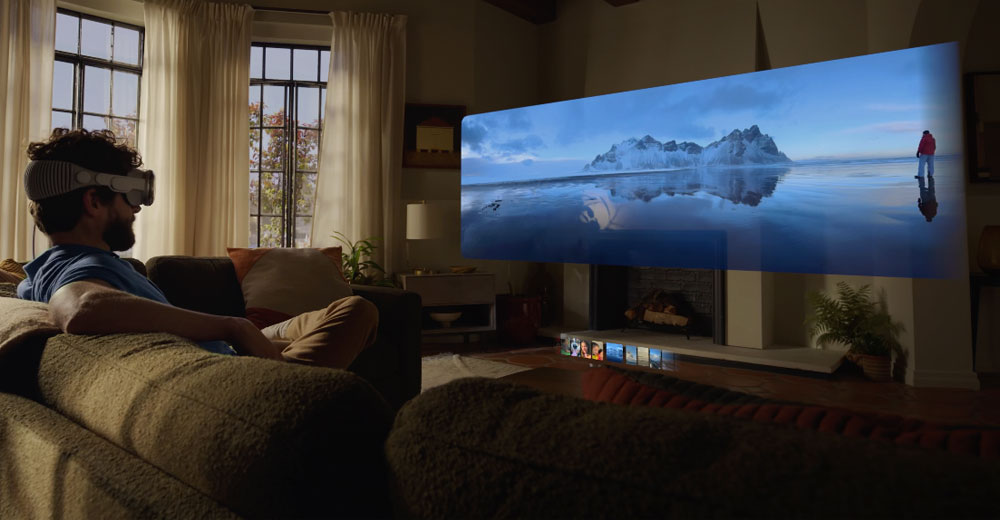Google has rehired former executive Rick Osterloh to lead its hardware businesses, which it plans to consolidate under a single division, according to news reports published last week.
Osterloh, who recently stepped down as president of Motorola, reportedly will head up Google’s Nexus business, which will include a suite of products dubbed the “living room.”
“It looks like Google is trying to develop a coherent hardware product strategy and fix the hodgepodge collection of hardware products scattered all over Google,” said Kevin Krewell, principal analyst at Tirias Research.
“With a centralized group, Google can share development expertise and costs. It should lead to better products and products that work together,” he told the E-Commerce Times.
Unified Devices
Google reportedly had planned to reshuffle its hardware businesses following the departure of Regina Dugan, advanced technology and project chief, who left to join Facebook. It was developing technologies such as artificial intelligence and upgrading its existing product line, including Chromebooks, to better compete against a number of startups.
In addition to Nexus, the new division reportedly will include Google’s OnHub home router, Chromecast, ATAP and Google Glass, the wearable headgear that is being redeveloped under Project Aura.
Nest CEO Tony Fadell will remain as an adviser to the Glass team. Hiroshi Lockheimer will continue to work on Nexus, but he will move over to work on software and platform development.
“Most people figured that Osterloh wouldn’t be unemployed for long after leaving Motorola,” said Charles King, principal analyst at Pund-IT.
“Along with being highly experienced and skilled, he’s well-liked and respected across the industry,” he told the E-Commerce Times.
Motorola Moves
Google agreed tosell its Motorola Mobility smartphone business to Lenovo in 2014 for US$2.91 billion, a move designed to increase Lenovo’s presence in the U.S. and Latin American smartphone business. The deal made Lenovo the world’s third largest maker of smartphones at the time.
In one of his first major moves after the sale closed, Osterloh last year led the re-entry of Motorola into the Chinese market with the Moto G and Moto X, two years after the company withdrew from that market. The Chinese market had been a difficult environment to compete in, as rivals such as Xiaomi and Huawei were growing at a rapid pace and pushed Motorola on price.
The China re-entry was one of his proudest moments at the company, he said last year.
“International device makers that can’t make themselves relevant to Chinese consumers are dead,” Osterloh said. “Meanwhile, savvy homegrown companies are taking advantage of this landscape to use China as a launchpad for their own global ambitions.”
The American market was still important but “mature and in some ways stodgy,” he said, adding that the most interesting opportunities in mobile was on the frontiers of the business.
Wait and See
During the fiscal third quarter, which ended in December, Lenovo reported that global smartphone volume was down 18.1 percent year over year, with 20.2 million units sold.
Little-known Chinese mobile phone companiesOPPO andVivo pushed Lenovo and Xiaomi out of the world’s top five smartphone market share rankings, IDC reported last week.
Motorola earlier this year announced plans to restructure its businesses by focusing on two product subbrands, Moto and Vibe.
Lenovo last month announced plans to restructure its global business, which included naming Xudong Chen and Aymar de Lencquesaing, the former head of Lenovo North America, as co-presidents of its Mobile Business Group.
“Osterloh is well regarded, but Google’s hardware business has gone nowhere and the question, is can anyone make it work?” said analyst Jeff Kagan.
“It’s not like at Motorola he has transformed the business into a hot growing handset opportunity under Lenovo,” he told the E-Commerce Times.
“So while there is great opportunity with Google, I would rather withhold judgment and see if he can get the hardware business off the ground,” Kagan added.
“If he fails, I wouldn’t blame him. Google has not been successful with Nexus or other hardware to date,” Kagan said. “So I just consider this another shot for Google.”






















































Social Media
See all Social Media